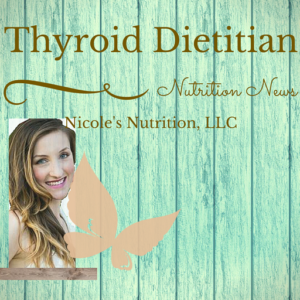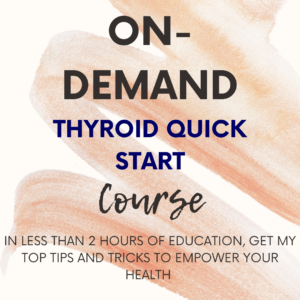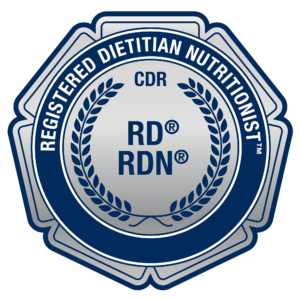I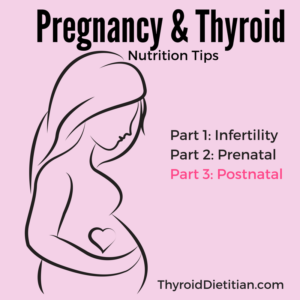 f you are reading this post, you likely have a beautiful healthy baby or are about to! Congratulations!
f you are reading this post, you likely have a beautiful healthy baby or are about to! Congratulations!
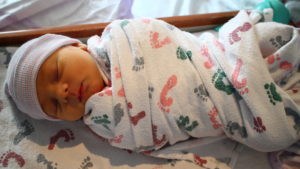
*This post is not intended for medical advice.*
1 Month Postnatal
First, rest, relax, and enjoy the first few postnatal new baby months.
Focus on nutrient rich foods and supplements. You just had a baby that was depending on your body for nutrients and life. This means you may be a little depleted of your nutrients such as iron, vitamin D, B vitamins, or trace minerals and nutrients. You also need those nutrients and plenty of healthy fats if you are breastfeeding!
Keep up with your prenatal multivitamin, and double check to make sure you are getting a high quality absorbable B complex (this may be contained within the multivitamin). The B vitamins can help ward off postpartum depression and maintain energy during sleepless nights.  The B vitamins are also crucial for acheiving optimal iron status. If your multi does not contain B vitamins that are of high quality (aka methylated B vitamins), this is one brand by Designs for Health I often recommend.
The B vitamins are also crucial for acheiving optimal iron status. If your multi does not contain B vitamins that are of high quality (aka methylated B vitamins), this is one brand by Designs for Health I often recommend.
For my first month, here is a sample of what I ate to focus on nutrients: Breakfast was either a lot of fresh fruit with natural nut butter OR gluten free oatmeal with nut butter or peanut butter powder (for protein) mixed in and topped with dried cherries. Lunch: smoothie made from frozen fruit (usually frozen cherries), organic whey protein, nut butter OR a veggie omelet. Dinner: varied, but was a lot of
my typical stuff: sweet potatoes, wild Alaskan salmon burgers, broccoli/veggies (that is just one of my easy go-to meals). For snacks, I either had a smaller smoothie, a “mug cake”, veggies/seed crackers and hummus. But, I didn’t have as many snacks the first month. And, my favorite… coffee!
Small amounts of caffeine are fine. However, baby can not truly process caffeine until around 3 months old.
2-3 Months Postnatal
At the end of month 2, headed into month 3 is when you should schedule to have a full thyroid panel done as well as a panel to test your vitamin D and ferritin (iron). 8-10 weeks postpartum is the time when the immune system should shift back to where is was before pregnancy if you have Hashimoto’s or Grave’s disease. This is also around the time when Moms may develop postnatal hypothyroidism if they previously had healthy thyroid levels prior to pregnancy. Therfore, all new Mamas should be screened for hypothyroidism and make sure to get a full thyroid panel that includes a test for free T3 and thyroid antibodies.
It is important to test vitamin D to make sure levels are optimal to promote healthy breastmilk (if you are breastfeeding). Breastmilk does not contain tons of vitamin D, but the thought is that moms who have optimal D promote better levels in baby.
As most of us know, many new moms can become anemic at the end of pregnancy or early postnatal. This is why I recommend ferritin lab testing to check iron status. Optimal iron levels are crucial for acheiving optimal thyroid levels and helping you to rely on less medication if that is your goal.
Once again, I was lucky that my postnatal thyroid labs came back healthy (I still continue to take Nature-Throid). I did not start to notice any thyroid or autoimmune related issues until about 10-12 weeks postpartum I would say. The only thing I began to notice was that the little bumps on my skin returned (autoimmune related I think) and my skin was not so pregnancy “glowy” anymore. I also noticed I became the most tired and exhausted around 5 or 6 months postpartum. I am still working to figure this out. I am almost positive it is sleep related. My hair, fortunately, has remained very thick and healthy after pregnancy. I did not experience any thinning or falling out and I am currently 7 months postpartum as I write this post.
Thinning Hair?
That brings me to my next topic that I get a lot of questions about–thinning hair. Like I mentioned, I did not stuggle with thinning hair pre or postnatal. But, I did have extremely thin hair at the onset of Hashimoto’s and when I also lost weight unintentionally about 12-13 years ago. This was likely when my immune system was likely going crazy, and I was lacking nutrients. Prior to pregnancy, during pregnancy, and postnatally is when I have enjoyed the thickest, best hair. I attribute this to my attention to increasing my nutrients and taking my high quality B complex and vitamin. I have also been working on calming my immune system, and healing for the last few years. In general, this has helped to improve my hair.
I do not recommend generic biotin or “hair supplements”. If anything, you should test your nutrient status and not just guess that is the problem. Or, maybe you need to work on healing your entire body: stress less, address nutrients, ditch gluten, eat well, relaxing exercise, sleep, optimize thyroid hormone, and more.
Breastfeeding Supply and Thyroid
If thyroid levels are not optimal, this can reduce milk supply. If you are suffering from low milk supply, first, I recommend reaching out to a lactation consultant in your area. An IBCLC will best be able to advise you. Then, if you are doing everything they have recommended, test those thyroid labs (FULL panel as always), and check for low thyroid levels.
This concludes the 3-part thyroid and all things pregnancy! I will write further posts explaining the topics that need more explanation like hair/skin/nails, supplements, lab testing, and more.


